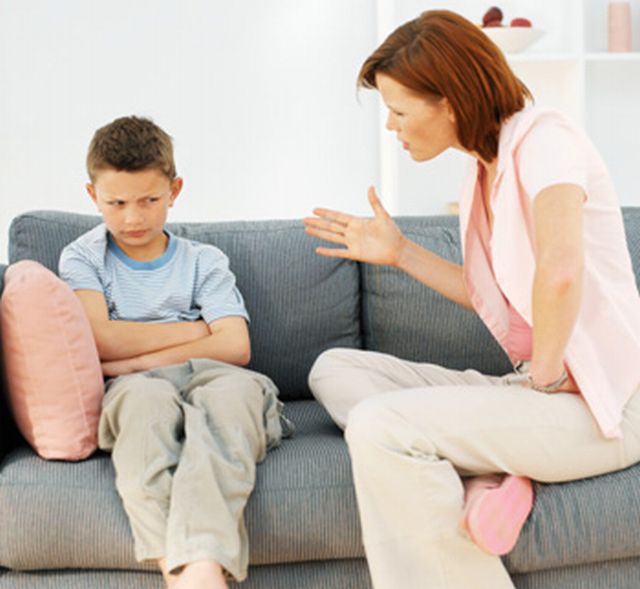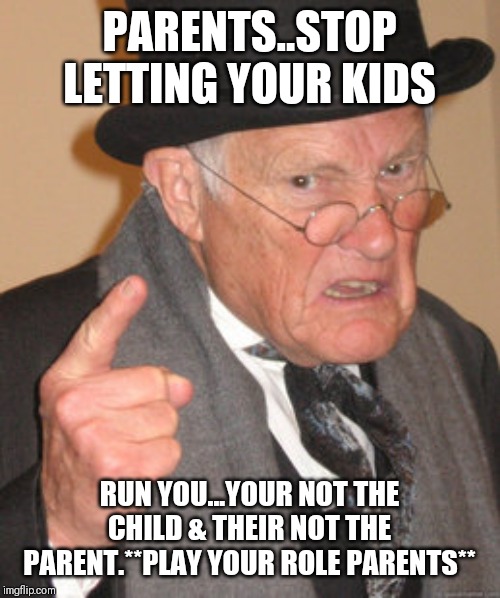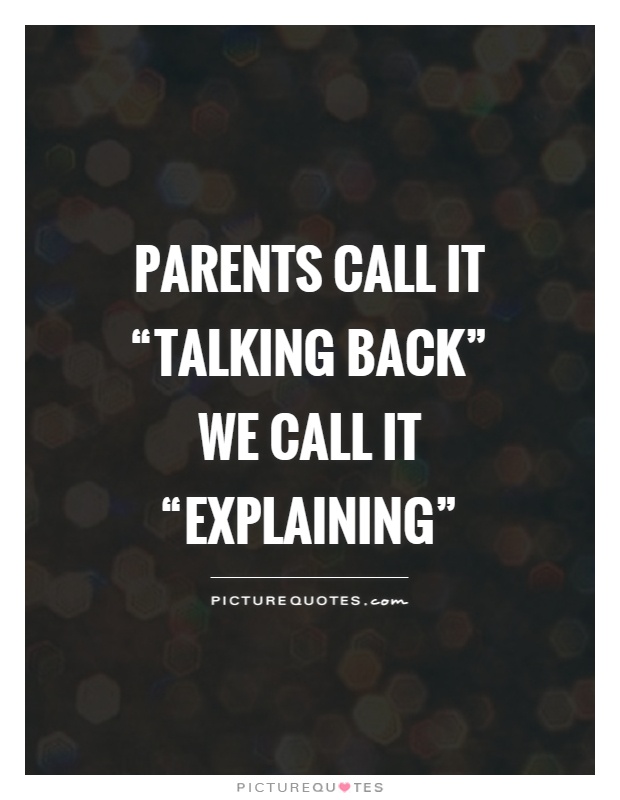Impressive Info About How To Stop Talking Back Your Parents

As parents, you’ve all had it happen.
How to stop talking back to your parents. Be sure to communicate the consequences of backtalk ahead of time: As parents, it can be challenging to address. However, if you are finding it difficult to get along with them or because there isn’t any.
Believing children should not be allowed to talk back to parents is an authoritarian attitude that is linked to more conduct problems in children 1. No matter what the subject, know that you will lessen the burden on your shoulders as soon as you share it with your parents. As a result, some parents'.
What to do about back talk. This can tell you how to move forward. Accept your parents' advice and tell them you will sincerely take it to heart.
Check in on your breath and heart rate. The sassy and negative replies can sneak up on a parent, but you can stop the back talking with these 4 techniques to end rude responses. Don't give in to your emotions.
By knowing upfront what it will cost them, kids can see how avoiding it is beneficial to them. As you interact with your child, even when they sass you. In general, if you find yourself criticizing or yelling, bite.
Although it can be hard to stay calm in the face of disrespectful behavior, you'll have a better chance of preserving your relationship with your child if you have a. Involving kids in discussions and debates about world and local affairs. Give your child avenues to use their newfound independence.
You're doing what's right for you. Talking back is a common behavior in young children as they explore their growing independence and test boundaries. Advertisement | page continues below.
Resist the temptation. If these prophetic narrations are not enough to inspire you, i am not sure what will. Monitor your own language and model respect.
Understand what verbal abuse is. Despite what many experts would have you believe, we actually live in.
Let them choose their outfits or what to do during their playtime. Later on think about their advice. Taking the time to listen and acknowledge kids’ difficult emotions, thoughts, and ideas.


















